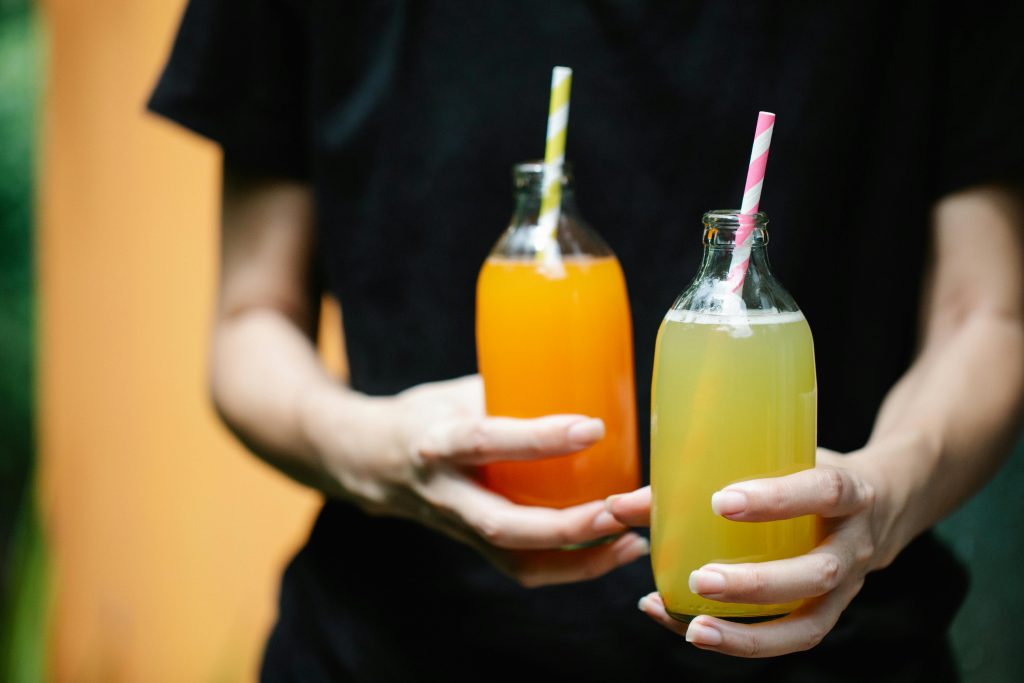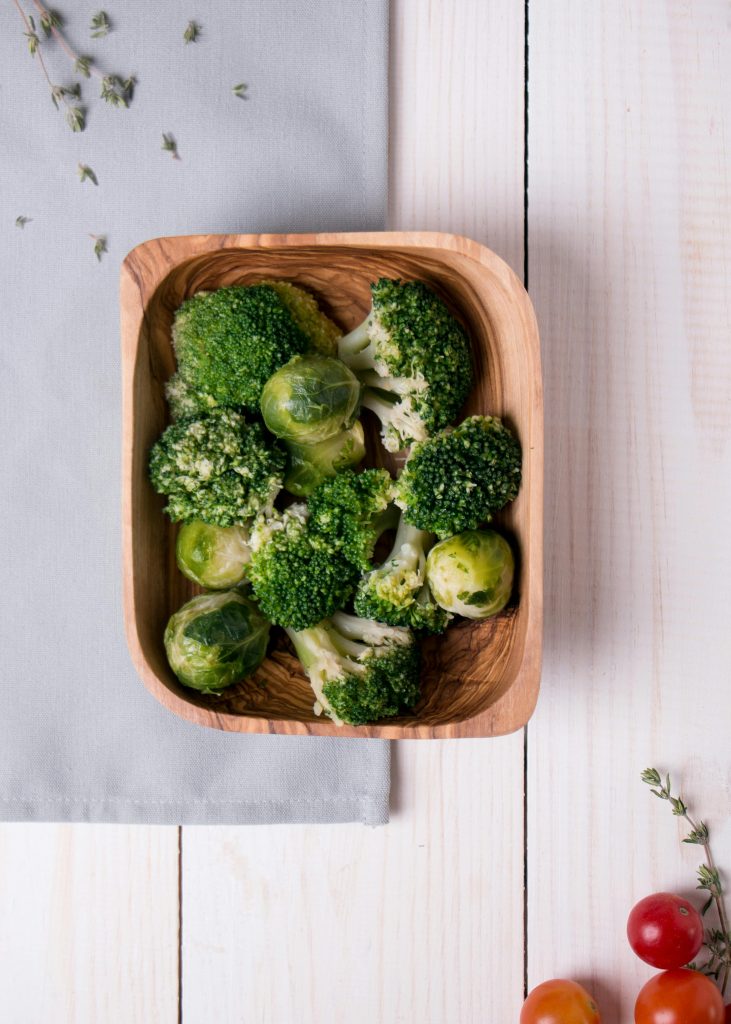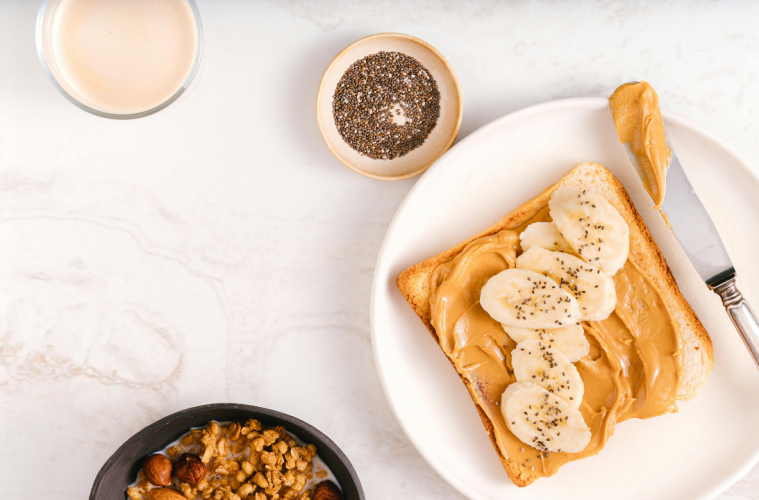Chia seeds have earned their status as a superfood due to their impressive nutritional profile. They are notably rich in fibre, omega-3 fatty acids, protein, and antioxidants, chia seeds are widely consumed to support heart health, digestion, weight management, and more.
However, despite their numerous benefits, improper consumption of chia seeds particularly when mixed with certain foods can lead to undesirable side effects. Proper hydration and moderation are key to maximizing their benefits.
Excessive sugar and artificial sweeteners
Chia seeds are best consumed in drinks or moist food and beverages as they are dry and consume water. Sweetened beverages can hinder the health benefits of chia seeds as the sugar can spike sugar levels, making the health benefits of chia seeds ineffective.
Excessive salt & spicy food
It is essential to consume chia seeds with low sodium foods as foods
with high levels of salt such as potato chips, and salted nuts compromise the nutrients in chia seeds.
Processed juices
Include chia seeds in raw juices and smoothies instead of processed juices as they may contain lots of sugar.

Image credit: Pexels
High fibre foods
Chia seeds already have high fibre. When combined with other fibre-rich foods, they can cause more harm than good. Foods to avoid with chia seeds include bran, oats, and specific fruits like apples and pears, which can overload the digestive system.
Dairy products
Some people with lactose intolerance or dairy sensitivities might find that combining chia seeds with dairy products like yoghurt, milk, or cheese leads to digestive discomfort. The dairy itself could be heavy on digestion for some, and adding fibre-rich chia seeds can worsen it.
Cruciferous vegetables
Chia seeds and cruciferous vegetables are high in fibre. Too much fibre intake in a drink or meal can cause feelings of bloatedness.

Image credit: Pexels
Iron-containing foods
Chia seeds can inhibit the body’s intake as they contain phytic acid, a substance that is also called anti-nutrient. This substance makes chai seeds best suited for low-fat and slimming diets. Therefore chia seeds inhibit the intake of iron in foods, avoid eating chia seeds with iron-rich foods like spinach, lentils, red meat and processed meat.
Caffeinated or carbonated drinks
Mixing chia seeds with caffeinated drinks, carbonated drinks and energy drinks may cause bloating, digestive issues and stomach issues.
Oxalated food
Chia seeds contain a large amount of oxalates. Therefore combining oxalate foods with chia seeds can contain excessive oxalates in foods which is not good for health and may cause kidney stones.
Fried food
Naturally, chia seeds are a healthy source of fats such as Omega 3 which is good for the heart. However, combining chia seeds with unhealthy fatty foods such as fried chips and chicken can negate the health benefits of the fats in chia seeds.

Image credit: Pexels
While chia seeds are undoubtedly a nutritional powerhouse, their health benefits are best unlocked when consumed mindfully and paired with the right foods. Avoiding excessive sugar, salt, high-fibre combinations, and certain processed or heavy foods ensures that their positive impact isn’t diminished.
By incorporating chia seeds into a balanced diet, prioritising hydration, and being aware of potential dietary clashes, you can make the most of this superfood’s remarkable properties. Moderation and smart food choices are the keys to enjoying chia seeds while maintaining overall health and well-being.
ALSO SEE: Chia seeds vs flax seeds: Which one is healthier?
Image credit: Pexels


